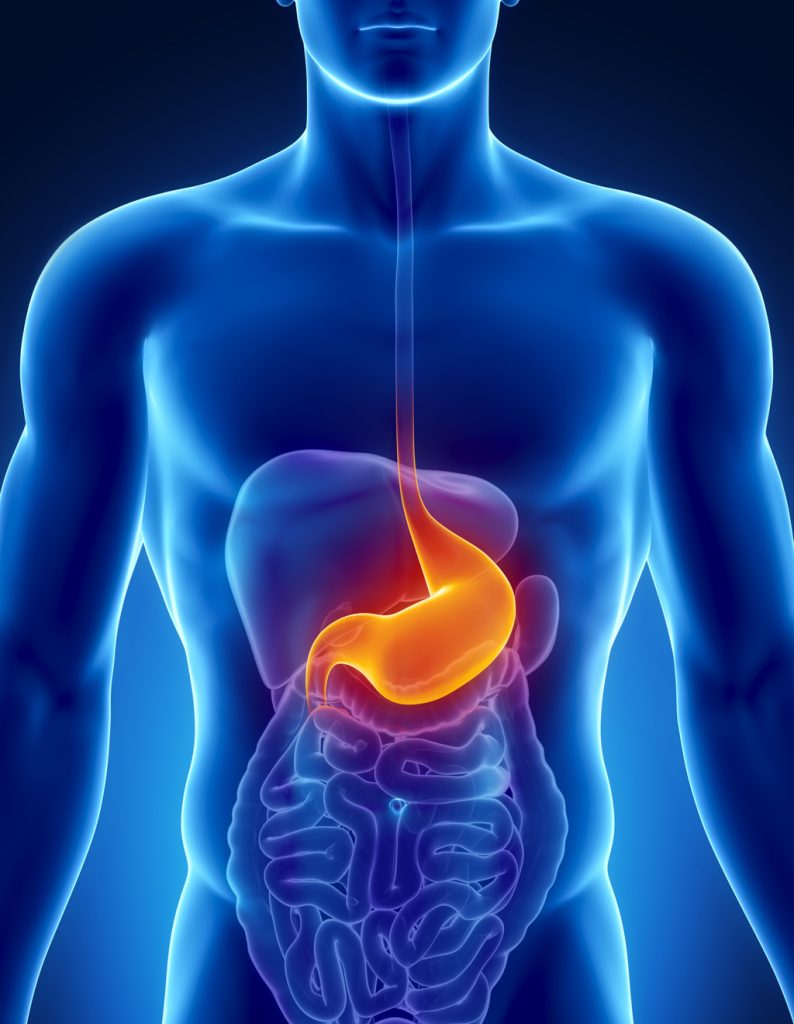
- by soheil
- useful article
Saffron, known as the golden spice, has numerous medicinal properties and has many uses for body health, treatment and beauty.
Saffron contains good amounts of carbohydrates, useful fats, proteins, water, vitamins and various minerals have made this medicinal plant the most valuable spice in the world. This plant has a warm and dry nature..
Saffron is a sedative, antispasmodic, prevents heart disease and cancer, strengthens memory and lowers blood pressure. Saffron plant is used in the treatment of asthma, skin diseases, eye diseases, urinary tract infections, jaundice, premature menstruation, bloating, stomach pain and anemia. Saffron helps digestion and strengthens the stomach and is used as a painkiller, especially for gum pain.
Here are some of these properties.
depression treatment
Saffron contains high amounts of crocin and safranal, crocin lowers stress levels and safranal regulates the sleep system. Together, these two substances are very useful for calming and treating depression. Saffron produces and secretes serotonin to improve depressive symptoms in the body. Serotonin is one of the most important neurotransmitters in the body that plays an important role in controlling and improving depression.

Memory Improvement
The crocetin, crocin and safranal in saffron can protect the brain against free radicals, which is one of the most important threats to the brain. Crocin and crocetin are useful in the treatment of Alzheimer’s and dementia, and corsin, a substance derived from saffron, can be effective in reducing brain cell death. This substance prevents the accumulation of aging plaques. Also, the minerals and compounds in saffron can improve brain functions and functions to an acceptable level and help the brain against memory loss and prevent Alzheimer’s and dementia.

Cancer prevention
Saffron is high in antioxidants that help neutralize harmful free radicals. Free radical damage is associated with chronic diseases such as cancer. Saffron acts as an anti-tumor drug and scavenger of free radicals. According to research, the use of saffron prevents the occurrence of carcinogenic gene sequences and has a significant effect on repairing damaged DNA molecules.

Treatment of diabetes and blood sugar
Saffron contains a mineral called manganese, which is the main substance that helps produce insulin in the blood. Insulin’s job is to help lower blood sugar. The hydroalcoholic extract of saffron helps to control blood sugar well in patients with type 2 diabetes. In addition, saffron helps prevent the progression of diabetes by modulating blood sugar-related lipid profiles.

heart health
Saffron prevents the accumulation of cholesterol, triglycerides and fat in the arteries, thus preventing their deposition in the arteries and preventing heart disease. The potassium in saffron is very useful for controlling heart rate. Studies show that the antioxidant properties of saffron reduce blood cholesterol and prevent clogging of blood vessels and arteries.

Lower blood pressure
This colorful plant can regulate blood pressure in the body by helping to cure many heart diseases, control blood circulation, supply blood to various organs of the body, and so on. This plant with compounds such as safranal and crocin can help regulate blood pressure and be effective in reducing it. The effects of these two substances on people with high blood pressure have been proven.

Prevention of visual diseases
Saffron has many effects on genes that regulate the function of visual cells. Saffron extract not only protects the photoreceptor cells in the eye from destruction, but also can prevent and improve diseases such as macular degeneration and retinal pigment inflammation. Researchers have found that saffron has a beneficial effect on people with age-related macular degeneration, which is the most common cause of blindness in old age. Saffron is effective in regulating the function of vision cells and protects vision cells against damage, prevents the progression of eye diseases and regenerates damaged eye cells. Saffron is effective in treating retinal yellow spot disorders that occur in old age. Consumption of saffron in the diet prevents the progression of genetic eye diseases and therefore its balanced consumption is recommended for the elderly and people with eye diseases

Treatment of gastric disorders
One of the most famous properties of saffron plant is reducing stomach upset and bloating. Due to its anti-inflammatory and sedative properties, saffron can create good stability in the stomach and reduce inflammation. This plant is also a useful treatment for constipation, bloating, cramps and other serious conditions such as stomach ulcers.

Reduce and relieve pain
One of the properties of saffron is regulating the function of the immune system and controlling pain. Most often, pain is a defense reaction caused by the activity of the immune system. Saffron has the ability to regulate the immune system in a positive way. Also, the vitamins and minerals in saffron strengthen the immune system and improve enzymatic functions in people. It should be noted that the active ingredients in saffron are natural and have the highest and best possible absorption in the human body.

Disadvantages of excessive consumption of saffron
Excessive use of saffron can cause anxiety, drowsiness, upset stomach and even an allergic reaction. Saffron may interact with some medications, such as warfarin or blood pressure medications. If you are taking certain medications, it is best to consult your doctor before starting to overuse saffron. Consumption of saffron during pregnancy due to uterine contractions increases the risk of miscarriage, but if consumed in small amounts, not only is it not harmful but also useful and facilitates the delivery process.













